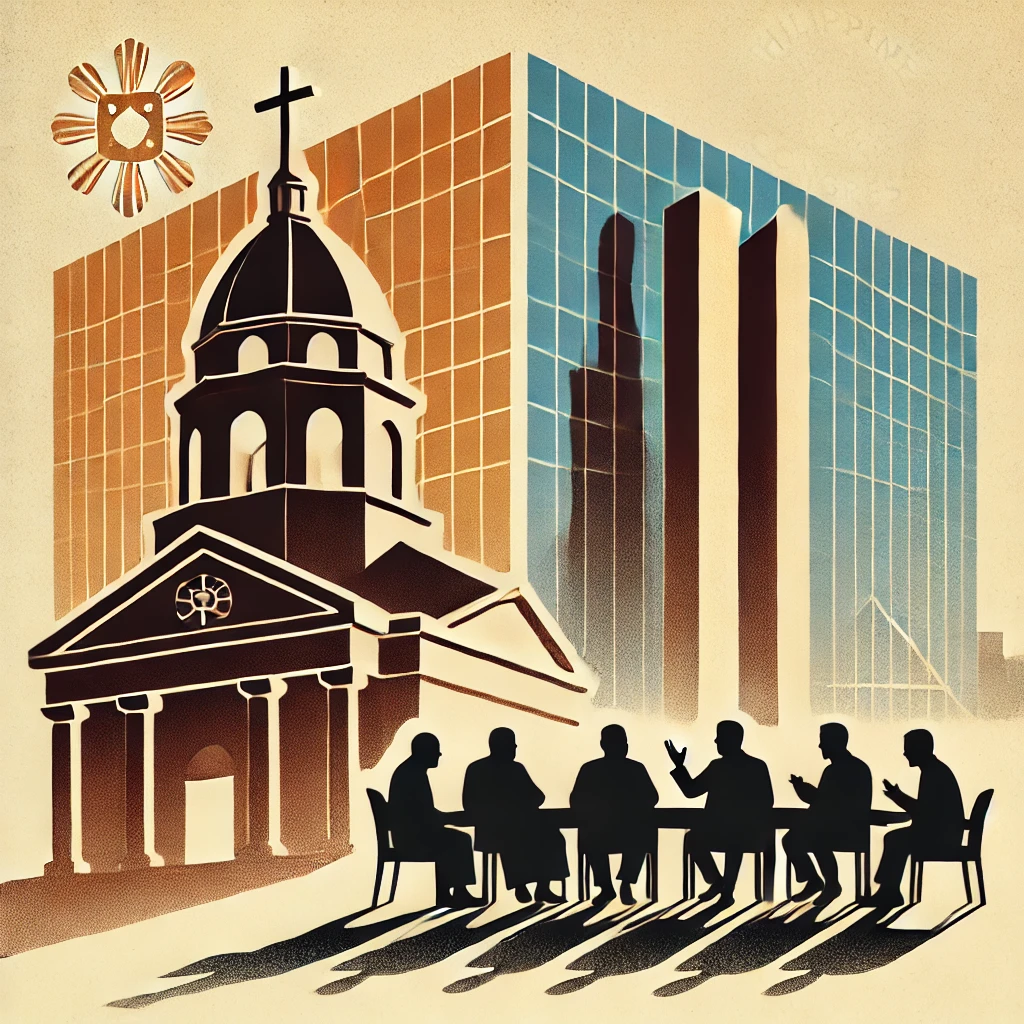Gender equality is a topic that has gained significant attention in recent years. While progress has certainly been made, there remains a long way to go before true equality is achieved. The challenge of gender equality is the deeply entrenched societal norms and expectations that continue to perpetuate inequality. In this blog, I want to share the 3 biggest challenges that gender equality is concurrently facing.
Gender Stereotype
From a young age, individuals are often exposed to gender stereotypes that dictate the roles and behaviors they should adhere to. Girls are encouraged to be nurturing, compassionate, and focused on their appearance, while boys are expected to be strong, assertive, and independent. These expectations limit the opportunities available to individuals and reinforce harmful gender biases.
Gender-based Violence and Discrimination
Another challenge of gender equality is the prevalence of gender-based violence and discrimination. Women and girls face a higher risk of experiencing domestic violence, sexual assault, and harassment. These forms of violence not only have a devastating impact on the individuals directly affected but also contribute to a culture of fear and inequality.
Gender Inequality in the Workplace
In the workplace, gender inequality is evident in the persistent gender pay gap. Women are often paid less than their male counterparts for the same work, and they are underrepresented in leadership positions. This disparity not only undermines women’s economic empowerment but also perpetuates gender stereotypes and reinforces the notion that women are less capable or valuable than men.
Now you know…
Ultimately, achieving gender equality requires a comprehensive and multi-faceted approach. It involves challenging and changing deeply ingrained societal norms, promoting education and awareness about gender issues, and implementing policies that protect and empower women and girls. It also requires the active involvement and support of individuals, communities, and governments to create a more inclusive and equal society.



